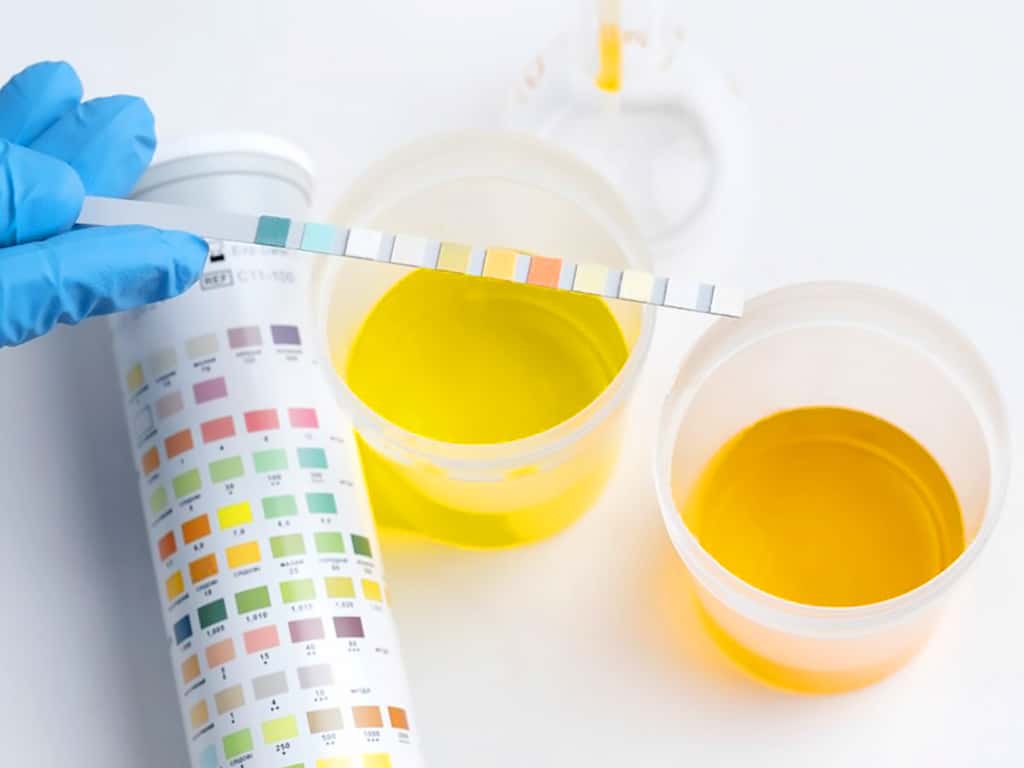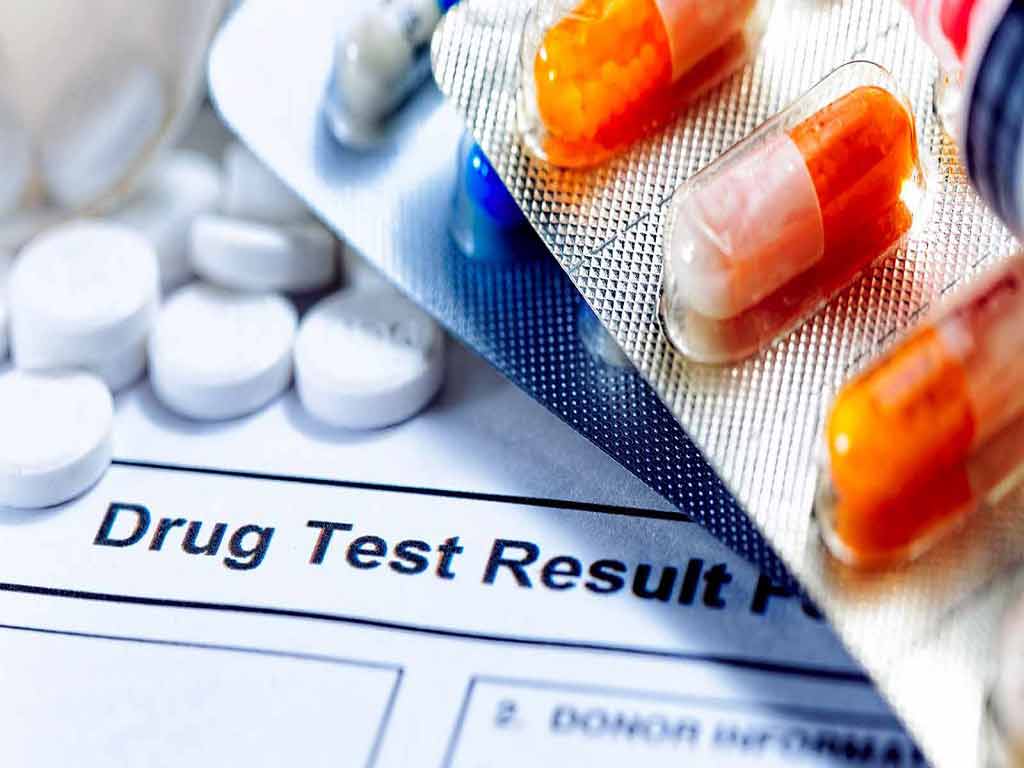Alcohol Drug Test Pre Employment: Importance & the Types of Tests
29 March, 2024

Drug and alcohol abuse can have a significant impact on the ability of an individual to perform tasks safely and efficiently. To address this, Australian companies conduct an alcohol and drug test for pre-employment. This ensures that applicants are fit for the position. It also helps reduce the risks of accidents due to substance impairment. Companies may use urine, saliva, hair, blood, and alcohol breath testing to trace the presence of substances in the bodily specimens of the applicants.
Screening tests can detect a wide range of substances using the various testing options. However, it is essential to consider the legal aspects when conducting the screening. Moreover, companies benefit from establishing a process after the applicant receives a non-negative result. By ensuring fairness and compliance with regulations, employers can protect the company from litigation. This article will present the importance of pre-employment tests, the types of tests, and the implications of a non-negative result.
Importance of Alcohol and Drug Tests for Pre-Employment
Alcohol and drug tests for pre-employment are crucial for several reasons. Firstly, it helps employers make informed decisions regarding which job applicants they should hire. Ideally, candidates for job roles that are safety-sensitive should not have substance abuse issues. They must behave responsibly within the workplace and refrain from introducing safety risks.
Secondly, pre-employment testing allows companies to avoid decreases in productivity due to the influence of drugs or alcohol. Impaired individuals tend to have lower physical and mental capabilities. They are also more prone to tardiness or frequent absences. Moreover, these employees may cause a tense environment from their irritability and mood swings.
Thirdly, pre-employment testing shows the commitment of the business to ensure workplace safety. This can help improve morale, contributing to higher productivity and decreasing employee turnover rates. Lastly, a pre-employment screening for drugs and alcohol helps companies comply with their legal obligation. It aids them in safeguarding the safety of employees and everyone on the company premises. Overall, testing is a crucial method for addressing safety concerns.
Legal Considerations
- Employers must inform prospective employees about having pre-employment drug and alcohol testing as a requirement for the job offer in the job post. This should include the type of drug testing methods and the substances they will test for.
- They must get informed consent from the prospective employees regarding the alcohol and drug screening before commencing the testing process.
- Companies must ensure all medical records, including the test results, remain private and confidential. Only relevant staff should have access to the information.
- They must demonstrate fairness by applying the same standards to all applicants and ensuring accurate results.

Types of Alcohol and Drug Tests for Pre-Employment
Companies may utilise several types of alcohol and drug tests for pre-employment. Urine tests are considered the standard for workplace drug and alcohol screening. It can identify a wide range of substances using urine samples. It also has a moderate detection window compared to other screening methods.
Saliva testing is another popular option for companies conducting pre-employment tests. It traces the recent use of substances, and the sample collection is easy to perform. In contrast, blood tests are less common due to their invasive collection procedure. However, it is helpful for laboratory confirmatory testing due to its high accuracy.
Furthermore, hair testing is another less frequent option due to its cost. However, it is prized for its long detection period. This comes in handy for tracing the history of substance use of the applicant. Lastly, breath alcohol testing is an effective method of measuring Blood Alcohol Concentration (BAC) levels. It uses breath alcohol equipment, like breathalysers, to trace alcohol consumption for up to 24 hours.
What Can be Detected?
Drug and alcohol tests can trace several substances using body samples. With the proper panels, they can trace the common drugs of abuse or their drug metabolites. They include amphetamines, opiates, benzodiazepines, cocaine, cannabis, and methamphetamines. They may also identify alcohol abuse by tracing ethanol.
To conduct the test, a standard method is using testing kits with multiple panels for detecting ethanol, prescription drugs, and illegal drugs. They may also contact drug and alcohol testing services for an initial screen and confirmatory testing if needed. Both can provide accurate and reliable reports of substance abuse.

Alcohol and Drug Tests for Pre-Employment – Implications of a Non-Negative Result
A non-negative result after an alcohol and drug test for pre-employment can have severe implications for the applicant. A non-negative outcome means the test found trace amounts of prescription medications, illicit drugs, or alcohol. The result is usually referred to as non-negative during the initial screening because only laboratory testing can establish a positive result.
Failing the screening test typically disqualifies the job applicant from the position. However, some companies may also allow confirmatory testing if the applicant refutes the initial report. Confirmation tests use highly accurate and specialised equipment to reduce the likelihood of false positives. One example of this is Gas Chromatography-Mass Spectrometry (GC-MS), which is the gold standard for confirmatory testing.
If the confirmatory report is negative, then they may discard the initial screen report. However, a positive result on the confirmatory test will likely result in the job candidate being disqualified from the position. This is due to concerns about workplace safety, liability issues, and potential legal implications of hiring someone who may be under the influence of drugs or alcohol.
Can a Potential Employee Refuse a Test?
Potential employees cannot refuse an alcohol and drug test without risking the job offer being rescinded. This is particularly true if the job posting clearly states that screening is a requirement for the position. It is a common pre-requisite in high-risk industries for positions with high potential risks.
Moreover, refusing a drug test may raise warnings for the prospective employer. It implies that the candidate wishes to hide their substance intake. Hence, awareness of the testing policies of the companies the applicant wishes to apply to is crucial. If they have medical conditions that disallow them from the standard test, they may try communicating this.
Conclusion
An alcohol and drug test for pre-employment plays a crucial role in ensuring safety in workplaces. It helps employers make informed decisions about which applicants they should hire for safety-critical positions. By preventing individuals who are prone to being under the influence of alcohol and drugs, they can reduce the risks of accidents and create a safer workplace. They may select from urine, blood, saliva, hair, and breath tests to conduct the screening. Each type has advantages and limitations.
However, employers must clearly state that passing an alcohol and drug test is a requirement for the job offer. This will make it clear that refusing to test will result in disqualification. If the applicant fails the test by receiving a non-negative result, the company may interview to assess if they should conduct a confirmatory test to verify the report. By doing so, they can avoid disqualifications from false positive results.






























